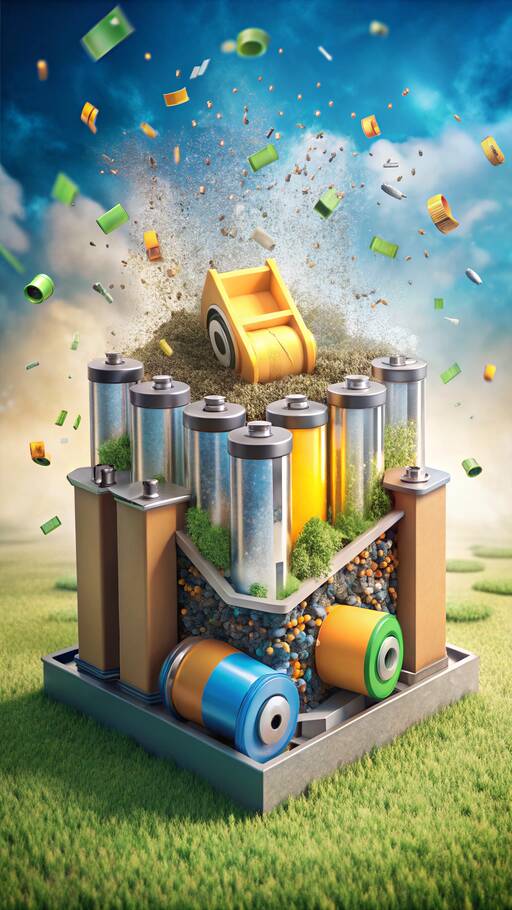
1. Shredding: Batteries from development cars are shredded into a substance known as 'black mass'. This mixture includes plastic granules along with valuable metals like nickel, cobalt, manganese, and lithium. So far, Porsche has produced 65 tonnes of this material.
2. Refinement: In the second phase, the elements are extracted from the black mass and refined to ensure quality.
3. Testing: Finally, a portion of the recycled materials is integrated into actual vehicles to assess performance. Currently, these materials often find their application in home storage solutions due to their favorable charging and discharging rates.
While the process appears promising, the extraction of materials from EV batteries has historically been challenging and costly. Porsche has not yet confirmed whether the final testing phase will yield successful results.
Porsche envisions a circular economy where high-voltage battery materials can be efficiently recycled and reused, thereby reducing dependence on raw materials sourced from unstable markets. As Barbara Frenkel, a Porsche board member, emphasizes, this initiative is crucial in addressing growing regulatory pressures and the need for sustainable practices.
Recycling electric car batteries is essential for all automakers striving for a more sustainable future. Porsche's initiative reflects a broader industry commitment to making EVs a greener alternative to internal combustion engine vehicles.
Summary: Porsche is leading a recycling initiative for electric car batteries, breaking them down into reusable materials for future EVs. The process involves shredding, refining, and testing to promote sustainability and lessen reliance on unstable raw material markets.